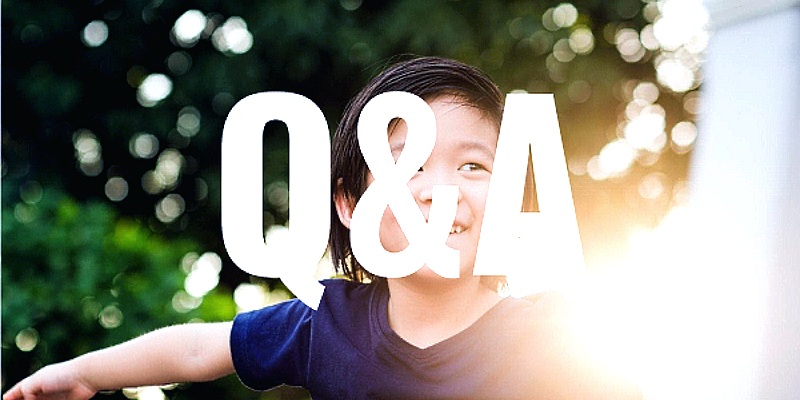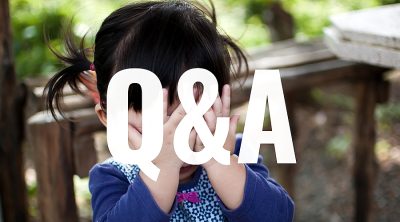
Q: Should I be concerned if my child has an “imaginary friend”?
A: According to Dr. Bill Maier, imaginary friends are a completely normal part of life for preschoolers.
Parents shouldn’t be concerned about them unless a child is so focused on the relationship with the “friend” that he or she seems to be losing touch with reality.
And of course, you should never allow your child to blame their imaginary friend for their own misbehavior.
In time, the imaginary friend should disappear.
Danny Huerta, a staff counselor at Focus, gives an illustration: “If children have been made fun of, a lot of times they’ll create a superhero that has powers that will help them feel protected-maybe a stuffed animal that can be ferocious like the comic strip ‘Calvin and Hobbes.’
Hobbes is an example of an imaginary friend ‘coming to life’ and the fun a child can have with that.”
Research shows that an only or first child may be more likely to invent an imaginary friend, and language skills may develop sooner for children who talk with an imaginary friend.
Although children should not be discouraged to invent imaginary friends, make sure your child is playing with other children and not existing completely in a pretend world.
Interacting with your child about their imaginary friend can lead to some great teachable moments and opportunities to address specific situations that may have prompted them to invent their pretend companion.
Dr. Maier says: “You don’t have to go so far as setting a place at the table for your child’s imaginary acquaintance, but playing along can be fun for both of you.”
This article was published with permission from Focus on the Family Malaysia.
If you liked this article and would like to go deeper, we have some helpful resources at family.org.my.
FOCUS ON THE FAMILY MALAYSIA
6-2 Jalan Bersatu 13/4
46200 Petaling Jaya
Tel: +603-7954 7920
e-mail: [email protected]
URL: www.family.org.my
Facebook [focusonthefamilymalaysia]
Twitter [familiesMY]
ADVERTISEMENT
ADVERTISEMENT








































